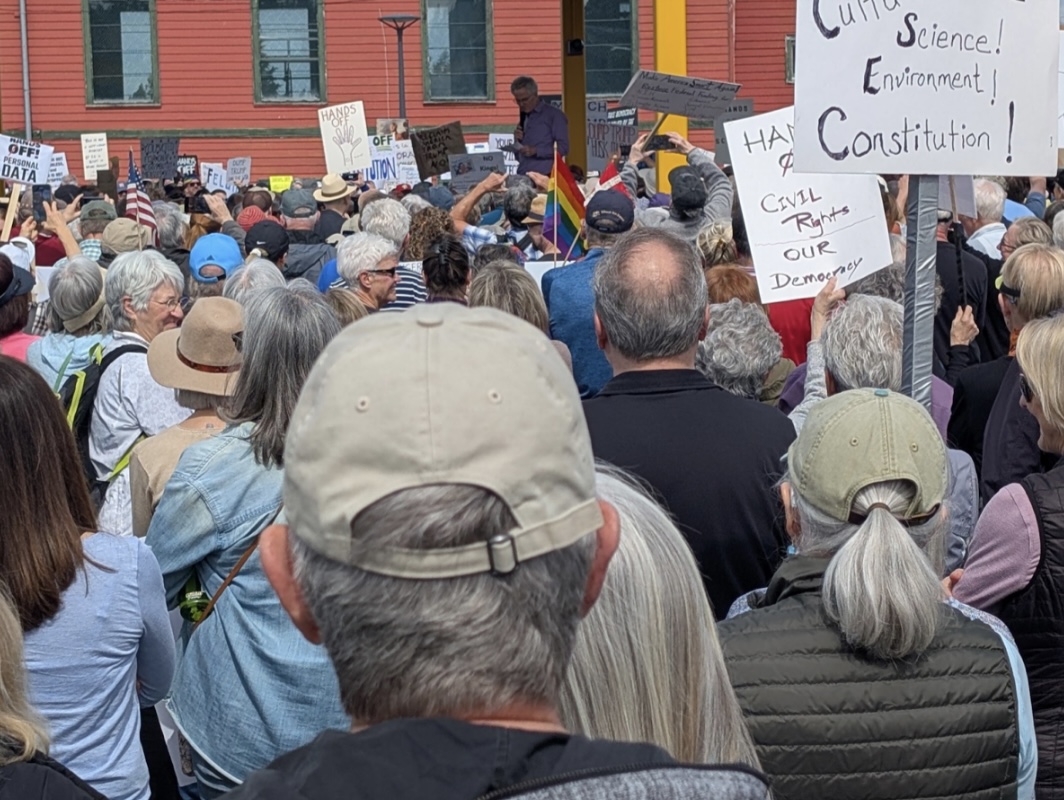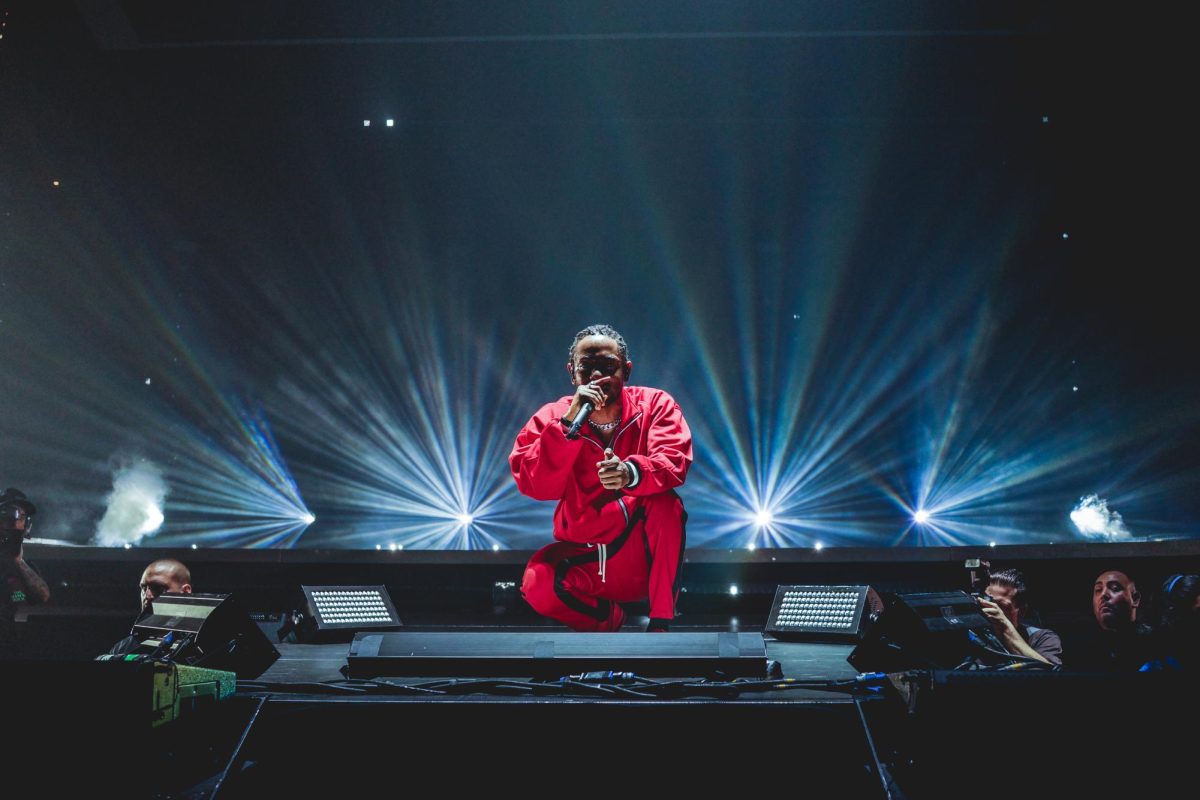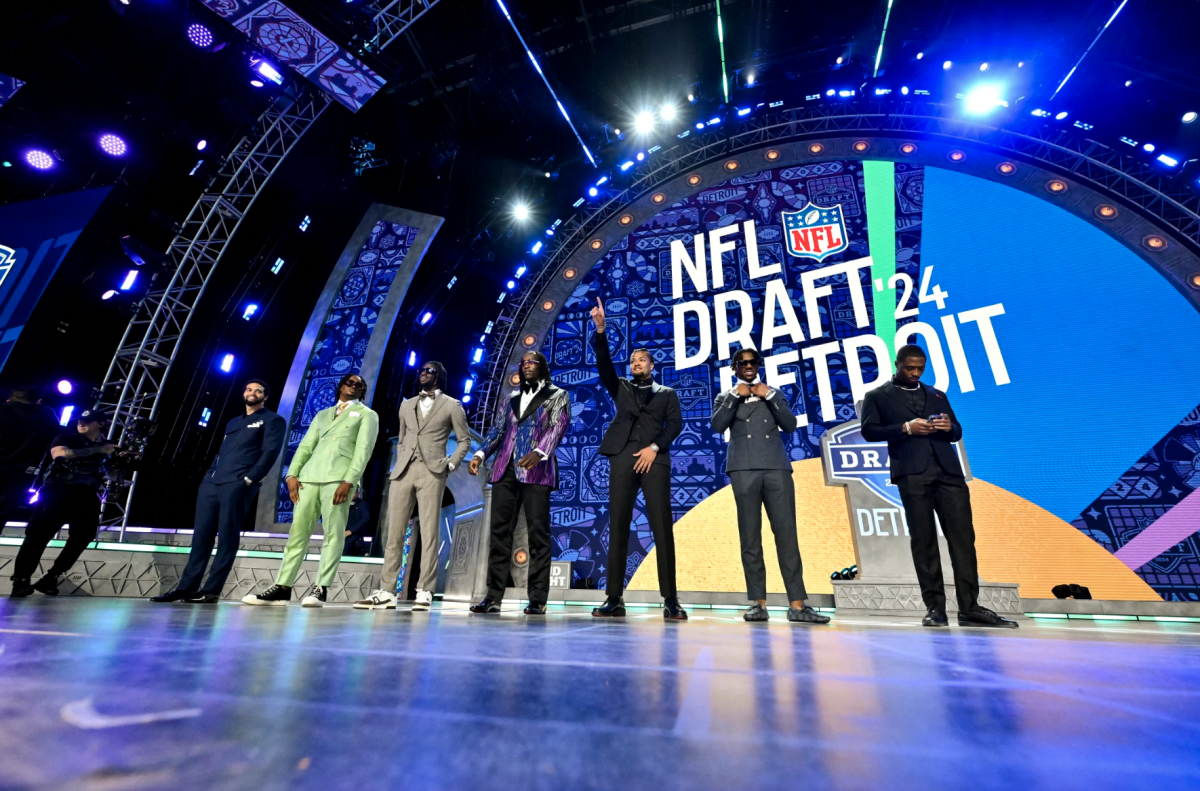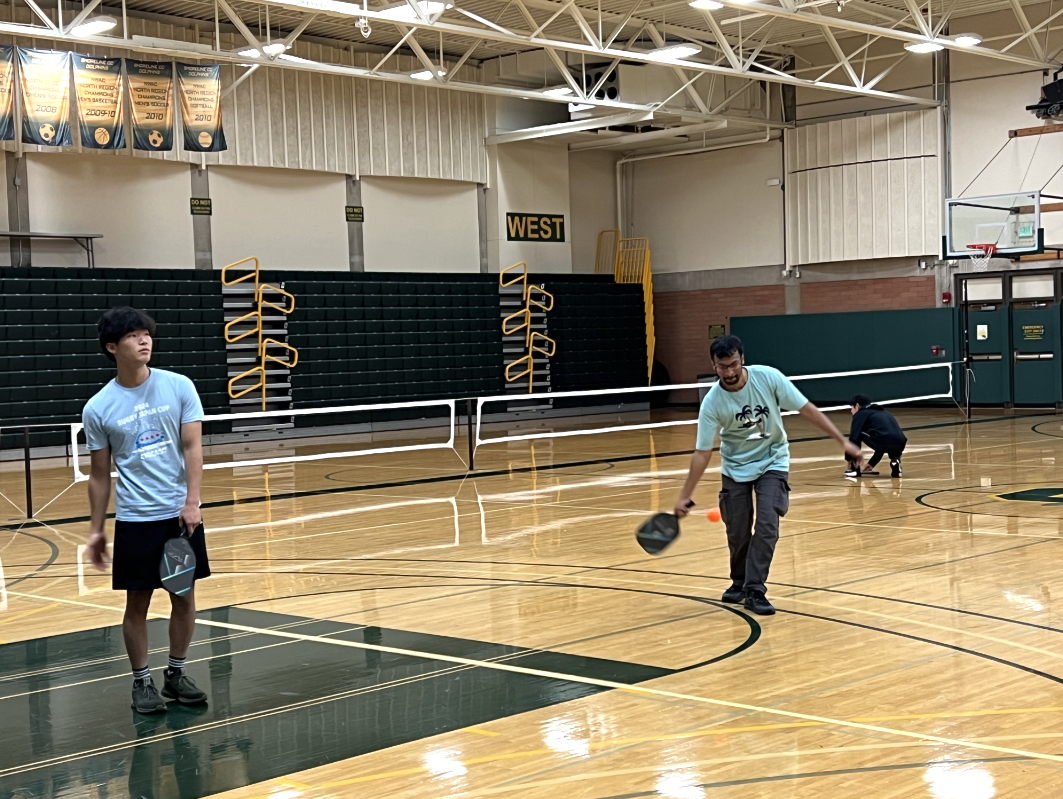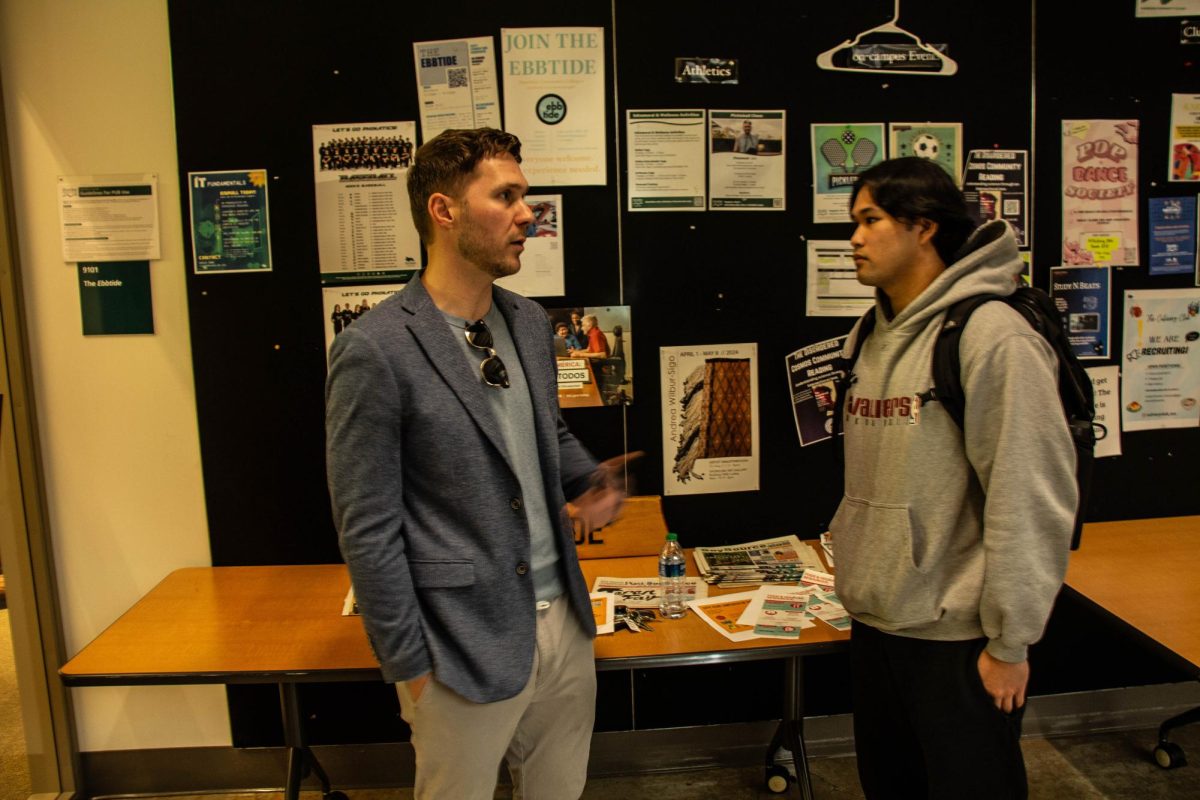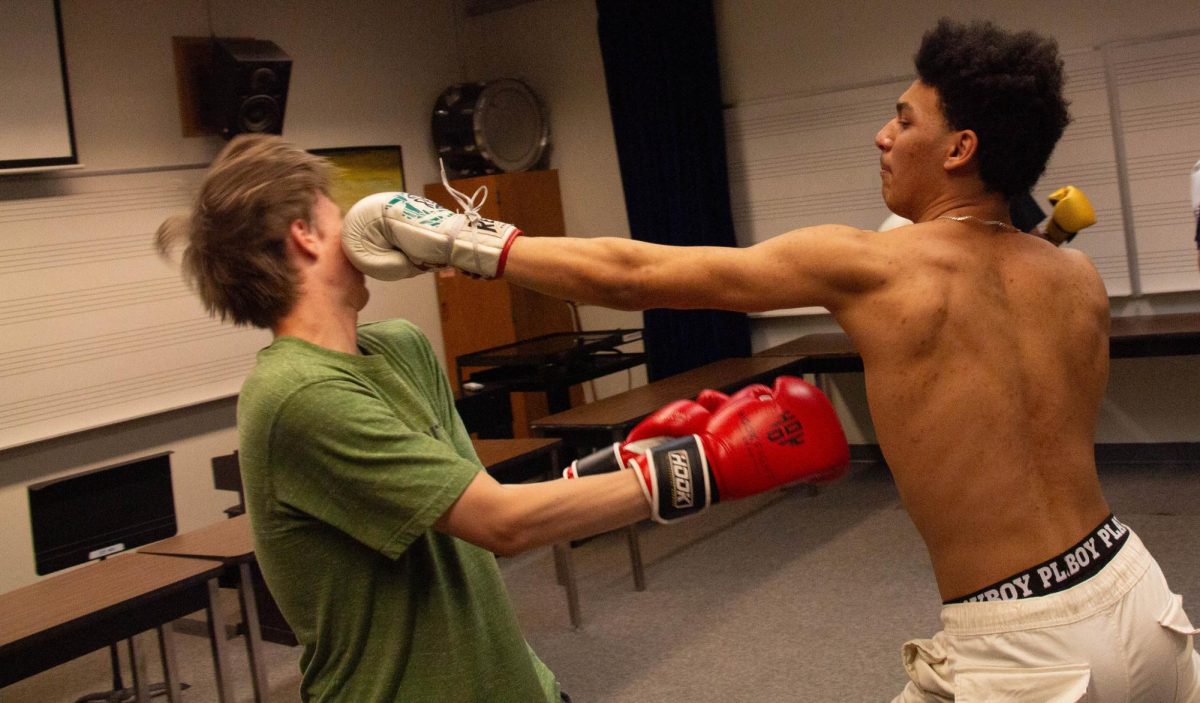If you follow sports even a little bit, you might have already heard about the sign-stealing scandal rocking Major League Baseball over the past month.
What is Sign Stealing?
Prior to every pitch, the catcher signals to the pitcher what pitch he’s recommending that the pitcher throw. The pitcher will nod if he agrees, or shake his head otherwise, in which case the catcher will continue putting up different signs until they’re on the same page.
Because of how a baseball diamond is oriented, if a baserunner reaches second base, he is standing almost directly behind the pitcher and facing toward the catcher. When the batting team gets a runner to second base, most pitcher-catcher combinations have a previously-agreed upon set of signals that is more complex, but it’s still possible for the baserunner at second to guess what he thinks the signal means and make signals of his own to the batter, giving the batter a better chance to hit the ball. This kind of sign stealing is not only within the rules, but also extremely common throughout in MLB history.
What makes the Astros situation much different? The Astros were using technology to accomplish this goal, not just human eyes. This allowed them to be much more accurate in their guesses and to be able to do it even without a runner at second base.
What is Happening?
Throughout the 2017 season and a significant part of 2018, the Houston Astros used video-replay technology to help batters determine what pitch was coming. The whole situation was only discovered when former Astro Mike Fiers tipped off The Athletic in November 2019, prompting an investigation into the organization by MLB. Fiers pitched on the 2017 championship team before signing as a free agent with the Detroit Tigers and subsequently being traded to the Oakland Athletics later that season, a team which has finished second in the American League West Division each of the past two seasons — behind Houston, naturally.
Three main penalties were issued to the Astros by MLB:
- Forfeiture of their first- and second-round draft picks in the 2020 and 2021 MLB draft.
- One-year suspensions for General Manager Jeff Luhnow and Manager A.J. Hinch.
- A $5 million fine, the maximum allowed for a single event under the MLB constitution.
To an MLB owner, $5 million is pocket change, especially for a team that managed to win the 2017 World Series during the time they were stealing signs. The amount of money earned in advertising, ticket sales, merchandise, etc. dwarfs any amount MLB is allowed to penalize. Although this technically could be changed to more accurately reflect the current market, it would require a majority of owners to approve an increase in possible penalties to themselves, which is obviously a major longshot.
The loss of draft picks is clearly the biggest part of the penalties in terms of the long-term success of their organization, but it will almost assuredly have no impact on their success in the short-term. Players selected in the MLB Draft (which takes place in June, a bit under halfway through the season) almost never make an appearance in the major leagues for at least a season, and are not even eligible to be traded until the conclusion of that year’s World Series.
Results
Less than a day after the full-season suspensions were announced for Luhnow and Hinch, both were fired by team owner Jim Crane. However, as many analysts across the sport have predicted, it seems highly likely that both will have no trouble finding new jobs elsewhere starting in 2021, given their high level of success in Houston.
Two major things that were not part of the punishment: the vacation of their 2017 World Series title and any punishment for players involved in what was determined a player-driven scheme. Removing their title seems logical, but what would it actually accomplish? Is it going to retroactively prevent the Astros from making huge profits? Of course not.
The bigger issue is the lack of responsibility for the players involved. The reason they were not punished is twofold: it would have crippled MLB’s ability to carry out an investigation at all, as many of their sources were players that only were willing to talk given immunity, and that it would have incurred the wrath of the MLB Players Association, a powerful union that most likely would have contested the penalties and caused the investigation to go much longer than MLB wants it to last.
These are logical reasons, but unfortunately, the moral of the story seems to be the same that it’s been in many sports for a long time: even if you get caught at some point, cheating pays off as long as you can take advantage of your unfair advantage before judgment. This, in turn, encourages others to do the same, knowing that the potential benefits for their actions far outweigh the repercussions.


